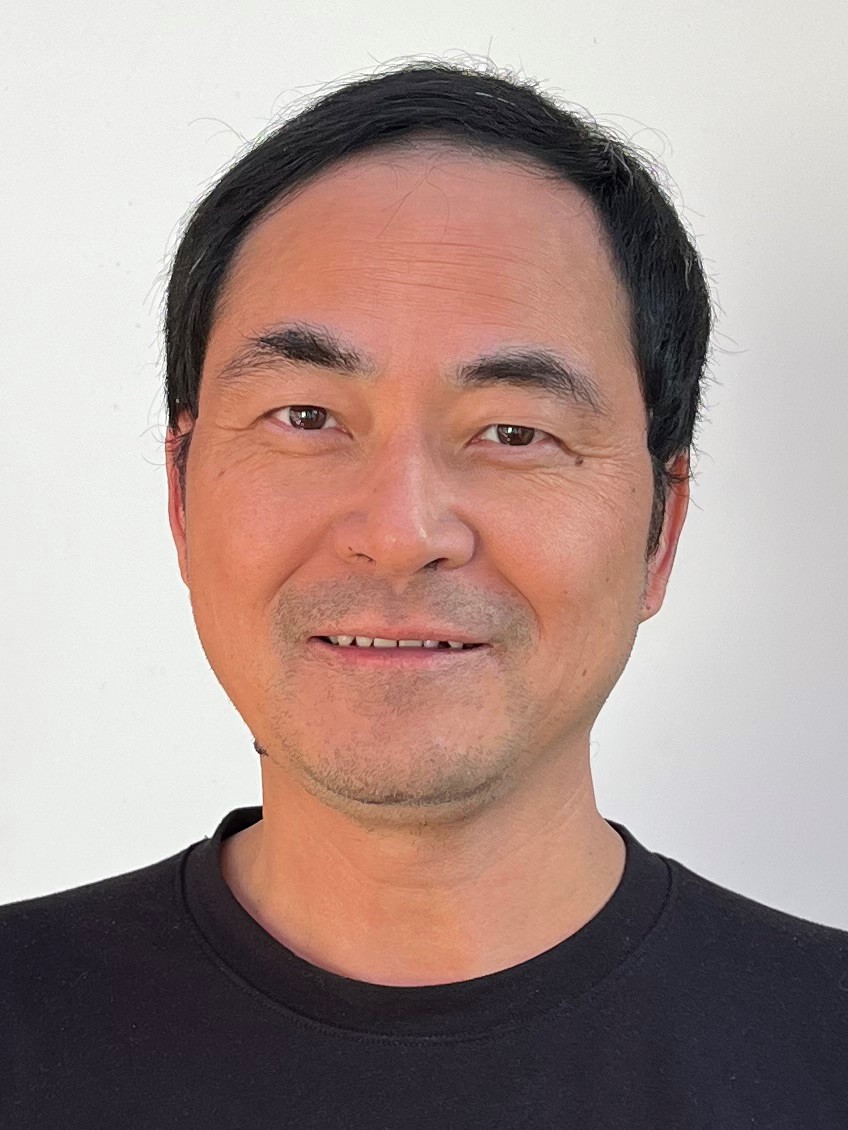Invited Speakers
Table of Contents
Invited Talk #1: Bi-static Sensing in 6G Perceptive Mobile Networks
Andrew Zhang
University of Technology Sydney
Abstract: Empowered by integrated sensing and communication (ISAC) technologies, 6G Perceptive Mobile Network (PMN) is expected to offer ubiquitous sensing capability, leveraging the communications infrastructure. Bi-static sensing can bypass the stringent full-duplex requirement in mono-static sensing and is more practical for (near-term) implementation. Clock asynchronism, which naturally exists between spatially separated communication nodes, is a central and challenging problem in bi-static sensing. It can cause ranging ambiguity and prevent coherent processing of (discontinuous) measurements (e.g., for Doppler frequency estimation). Should it be resolved, sensing can be efficiently realised in communication networks, requiring little network infrastructure and hardware changes.
This talk delves into advanced techniques for addressing the clock asynchronism challenge in the integration, with a particular focus on efficient solutions requiring only a single receiver. First, this issue will be introduced in the context of 6G perceptive mobile networks. Following this, a comprehensive review will be provided for the latest single-receiver-based solutions, applicable to both multi-antenna and single-antenna configurations. Additionally, I will showcase our cutting-edge sensing applications developed using these techniques, including moving object tracking, localization, and environmental sensing including rainfall and water level detection. The talk concludes by highlighting unresolved challenges and exploring future research directions in this evolving field.
 Biography: Dr J. Andrew Zhang (M’04-SM’11) is a Professor in the
School of Electrical and Data Engineering, University of Technology
Sydney, Australia. His research interests are in the area of signal
processing for wireless communications and sensing. Prof. Zhang has
published more than 300 papers in leading Journals and conference
proceedings, and has won 7 best paper awards, including the
prestigious 2024 IEEE SPS Donald G. Fink Overview Paper Award. He is a
recipient of CSIRO Chairman’s Medal and the Australian Engineering
Innovation Award in 2012 for exceptional research achievements in
multi-gigabit wireless communications.
Biography: Dr J. Andrew Zhang (M’04-SM’11) is a Professor in the
School of Electrical and Data Engineering, University of Technology
Sydney, Australia. His research interests are in the area of signal
processing for wireless communications and sensing. Prof. Zhang has
published more than 300 papers in leading Journals and conference
proceedings, and has won 7 best paper awards, including the
prestigious 2024 IEEE SPS Donald G. Fink Overview Paper Award. He is a
recipient of CSIRO Chairman’s Medal and the Australian Engineering
Innovation Award in 2012 for exceptional research achievements in
multi-gigabit wireless communications.
Prof. Zhang is one of the pioneer researchers in integrated sensing and communications (ISAC). He initiated the concept of perceptive mobile network, by defining its system framework and demonstrating its feasibility in a set of papers back in 2017. He has since published 60+ ISAC journal papers, including two highly cited papers, and played a foundational role in shaping global ISAC research. His work has been widely cited (7500+ citations on Google Scholar since 2020, mostly on ISAC) and has influenced 6G ISAC standardisation efforts. He has led or contributed to eight ISAC-related projects, securing over $7.5 million in competitive funding. He co-established a joint Network Sensing Lab with TPG, the third-largest mobile operator in Australia, focusing on real-world deployment of ISAC technology in mobile networks. Prof. Zhang co-organized a number of ISAC workshops at leading conferences and special issues in leading IEEE journals. He has delivered ISAC tutorials in WCNC 2021, ICC 2021, ICC 2022, and IEEE Radar 2024, and numerous keynotes and invited talks. For details of his ISAC research, please refer to https://sites.google.com/view/andrewzhang/.



